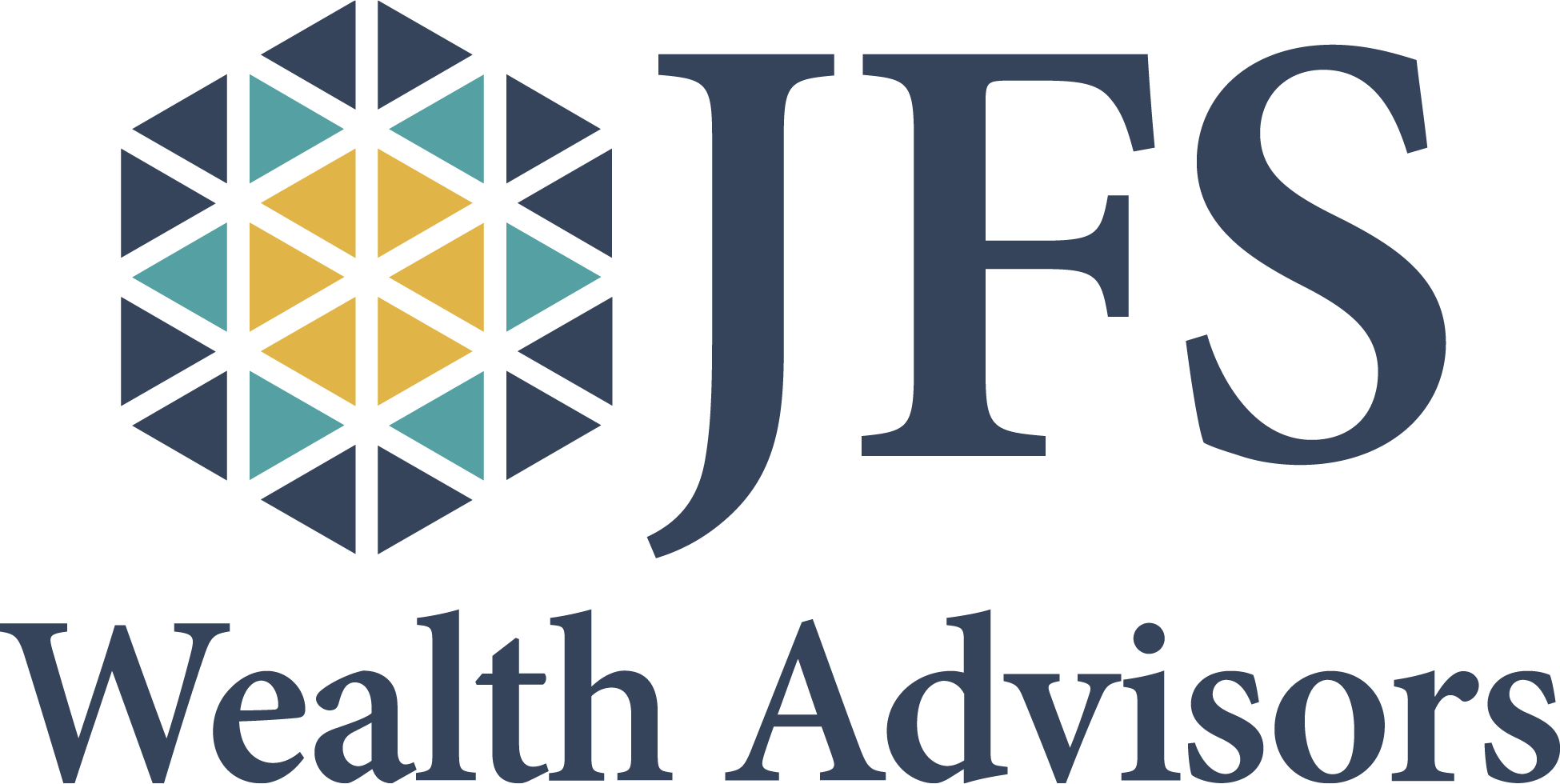
Menu
Close
- Services
EXPLORE OUR SERVICE OFFERINGS
Whether you’re building wealth, strengthening and preserving wealth, or entering the golden years of retirement, our holistic wealth management services can help you navigate every stage of life.From understanding what your business is worth to setting up employee benefits to selling and the tax compliance that follows, we offer dedicated support for companies of all sizes. - About
- Client Experience
- Locations
EXPLORE OUR OFFICE LOCATIONS
- Resources
FEATURED INSIGHT

Understanding Donor Advised Funds (DAFs): A Guide for Alumni
April 23, 2024WEBINARS

Succession Planning for a Seamless Transition
April 23, 2024
Aging in Place or Move? The Pros and Cons Revealed
March 26, 2024
Estate Planning Essentials: 5 Reasons to Review Your Plan
February 23, 2024 - Contact
- Services
EXPLORE OUR SERVICE OFFERINGS
Whether you’re building wealth, strengthening and preserving wealth, or entering the golden years of retirement, our holistic wealth management services can help you navigate every stage of life.From understanding what your business is worth to setting up employee benefits to selling and the tax compliance that follows, we offer dedicated support for companies of all sizes. - About
- Client Experience
- Locations
EXPLORE OUR OFFICE LOCATIONS
- Resources
FEATURED INSIGHT

Understanding Donor Advised Funds (DAFs): A Guide for Alumni
April 23, 2024WEBINARS

Succession Planning for a Seamless Transition
April 23, 2024
Aging in Place or Move? The Pros and Cons Revealed
March 26, 2024
Estate Planning Essentials: 5 Reasons to Review Your Plan
February 23, 2024 - Contact
















